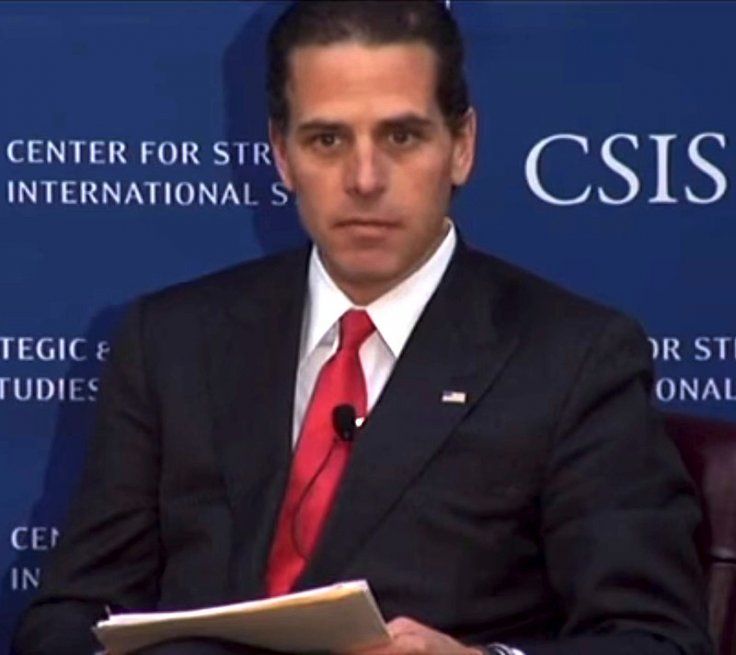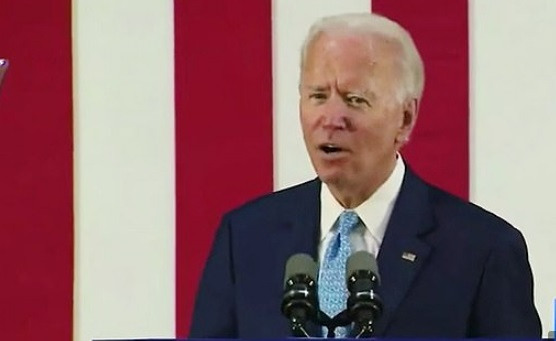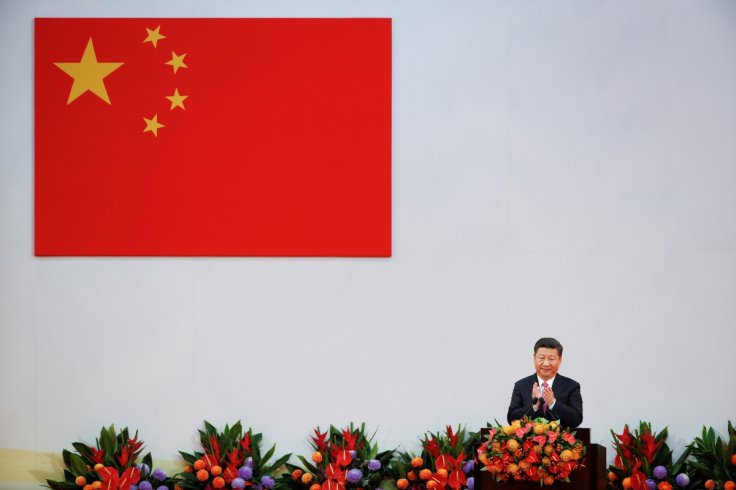With the date of US Presidential elections drawing near, an American documentary has claimed that the son of Joe Biden, Hunter Biden, had dealings with Chinese firms that ended up helping the country's communist regime and its military. The film suggests that this threatens American security interests.
The documentary is titled 'Riding the Dragon: The Bidens' Chinese Secrets' and has well-known investigative journalist and author Peter Schweizer as the narrator. Schweizer has previously written about shady dealings of the Clintons and covered the Biden's questionable business interests.
In this documentary, which runs for 41 minutes, the focus is on a company called BHR Partners investment firm which is based in Beijing. Hunter is a board member in the company and had a 10% stake as well. The film claims that junior Biden used his father's position as Vice President during Barack Obama's tenure as POTUS to gain benefits.

Controversial Deals
There are three main deals which the documentary focuses on. The first one relates to the acquisition of an American automotive parts producing company called Henniges Automotive. This company was purchased in a joint venture by BHR and AVIC Auto. The latter is a subsidiary of Chinese government's Aviation Industry Corporation of China (AVIC) that also makes military aircraft for the nation's defence forces.
What makes this deal worrisome, according to the documentary, is the fact that Henniges' products are not just meant for civilian use but can also be employed for military machines.
Then, there is the investment by BHR in China General Nuclear Power Corporation (CGNPC), another Chinese government-owned company in the past. This investment took place in 2014, when senior Biden was the VP. CGNPC's name cropped up in a case of technology theft when an American citizen of Chinese origin, Szuhsiung 'Allen' Ho, was convicted of helping the company in its attempts to get hold of 'sensitive nuclear technology' from inside the US.

The third important deal mentioned in the report has to do with BHR having an agreement with China Molybdenum Co. Ltd. for the acquisition of 24% stake in Tenke copper mine, located in Democratic Republic of Congo. The problem with this deal is the fact that the Chinese company involved produces molybdenum. This metal is used for making weapons.
China had imposed restrictions on exports of rare earth minerals including molybdenum but the decision was overturned by WTO. It was after this development that the deal between the two companies took place.
Another serious allegation has to do with an alleged phone call made by an executive of CFEC China Energy Company to Joe Biden's brother and the former's attempt to get Hunter's contact details. This call, the documentary claims was made by the executive, Chi Ping Patrick Ho, immediately after he was found by FBI to have bribed officials in Africa.
Benefits for Junior Biden
The documentary states that Hunter's meetings with senior officials in Chinese government and his success in getting $1 billion funding was "because of who his father was: Vice President of the United States" as well as President Obama's "point person on US policy towards China."

While making a cautionary statement that "we can't know for sure" how much the Biden's benefited monetarily from Hunter's stake in BHR, the documentary movie estimates that the 10% share of the former VP's son is "worth millions of dollars and stands to be worth even more as its China partnership prospers."
Biden's Defense
Some of the allegations made in the movie have been responded to by the representatives of Hunter. His lawyer claimed that the copper mine in Congo already had China Molybdenum as majority stake owner, The New York Post reported.
The New York Times has reported that the lawyer also pointed out that the link being drawn between a trip VP Biden made to China in 2013 where Hunter accompanied him, and $1 billion funding is spurious because it had been executed before the trip. The documentary claimed it was finalized 10 days after it.
Lastly, the lawyer also says that Hunter never received any remuneration from BHR during his tenure on the board and says his investment of $420,000 for his share in the company was made in October 2017, by which time Biden was not VP.









